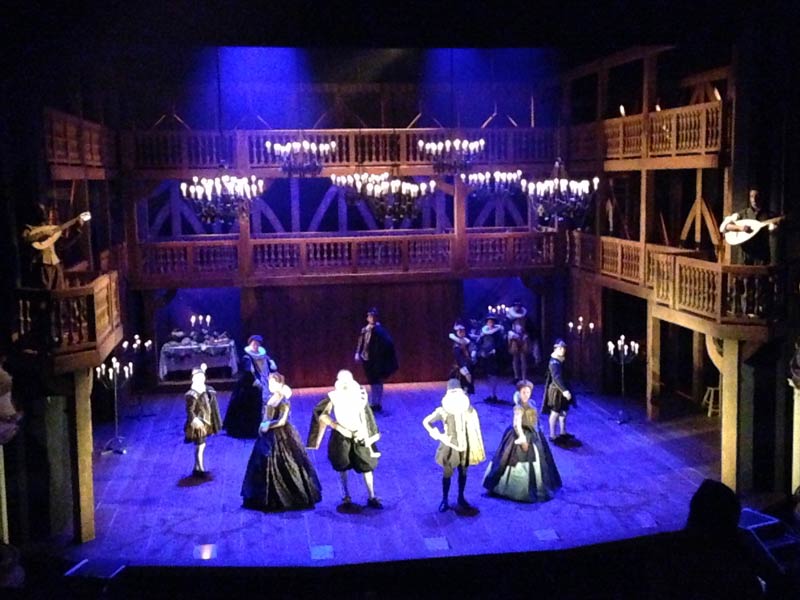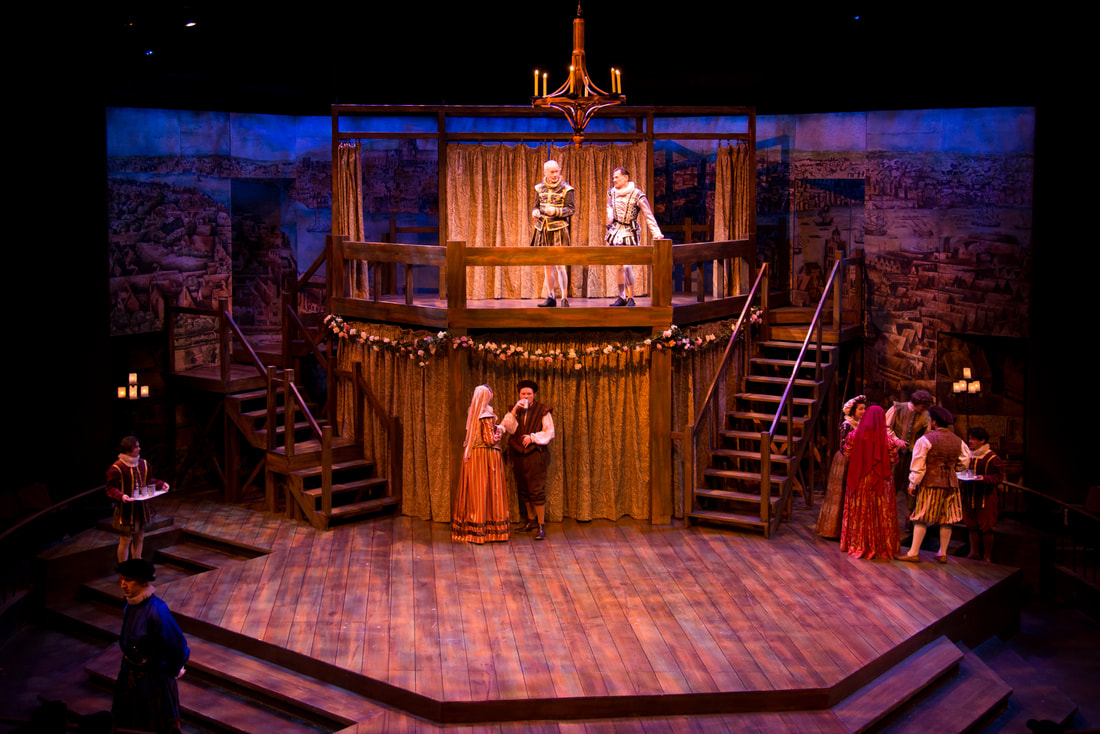

At this, York exclaims “Alençon! That notorious Machiavel!” meaning that Alençon is essentially an immoral person. In Act 5, Scene 4 of Part 1, Joan of Arc tells Warwick and York that she’s pregnant with Alençon’s child to convince them not to burn her at the stake. Niccolò Machiavelli made such an impact on society with his treatise The Prince that Shakespeare mentioned him in Henry VI not once, but twice-both with negative connotations. Considering that Cleopatra was born around 69 BCE in Egypt, and the earliest known mention of billiards wasn’t until 15th-century Europe, an apt response from Charmain would’ve been “Madam, what are billiards?” Instead, she declines the game due to a sore arm, and a mercurial Cleopatra declares that she’s lost interest and would rather go fishing (which, of course, has been around for much longer than billiards). In Act 2, Scene 5 of Antony and Cleopatra, Cleopatra invites her servant Charmain to play billiards. The billiards game in Antony and Cleopatra Caesar may have been ahead of his time in some ways, but he certainly wasn’t fashion-forward enough to have predicted a trend that occurred more than 1500 years after he died in 44 BCE. Casca calls it a doublet, which is a type of fancy jacket popular between the 15th and 17th centuries-Shakespeare himself is sometimes pictured wearing one. The clothing, however, isn’t the Roman military finery you’re probably imagining. Earlier in the play (Act 1, Scene 2), Casca recounts to Cassius and Brutus how, after refusing the crown three times, Caesar pulls aside his clothing to offer the crowd his throat to cut. The clock might be Shakespeare’s most famous anachronism in Julius Caesar, but it’s not the only one. Catherine Breyer Van Bomel Foundation Fund, Metropolitan Museum of Art // Public Domain

The doublet in Julius CaesarĪ doublet, circa 1580. Given the late hour, a sundial wouldn’t have sufficed for this scene, and maybe Shakespeare felt that “Check how much water is in the bowl!” would bewilder his modern audience. Before that, people used sundials or devices called clepsydras, which counted time by measuring water that slowly dripped in or out of a container. The first weight-driven mechanical clock was recorded in England in 1283, more than 1300 years after Caesar’s death. In Act 2, Scene 1 of Julius Caesar, after the stage directions say “Clock strikes,” Brutus tells Cassius to “count the clock,” and Cassius says it “hath stricken three.” Though humans have been measuring time for thousands of years, clocks definitely didn’t "strike" while Caesar was alive. Since we’re now just a Google search away from knowing Machiavelli’s birth year and more, here are the details behind six of Shakespeare’s most surprising anachronisms. Did he include them intentionally to provide context and clarity for his audience? Or were they legitimate mistakes, because fact-checking was a lot more labor-intensive in the pre-internet era? What we don’t know for sure are the reasons behind the Bard’s occasional anachronisms. And while Shakespeare is certainly allowed to mention Niccolò Machiavelli in a play that takes place before Machiavelli was even born, it’s not exactly historically accurate. Because many of Shakespeare’s plays include historical figures like Julius Caesar and events like the Trojan War, we know they were set during pretty specific time periods.

Having said that, the Bard did actually get a few things wrong. And, considering how influential his work has been for the last five centuries, you’d be hard-pressed to find a scholar who thinks that the prolific playwright’s penchant for literary invention was anything but genius. Not only did he regularly coin his own phrases, he also literally made up words-many of which are now in our discourse and dictionaries.

William Shakespeare was known for writing with a fabulous disregard for the rules of language.


 0 kommentar(er)
0 kommentar(er)
